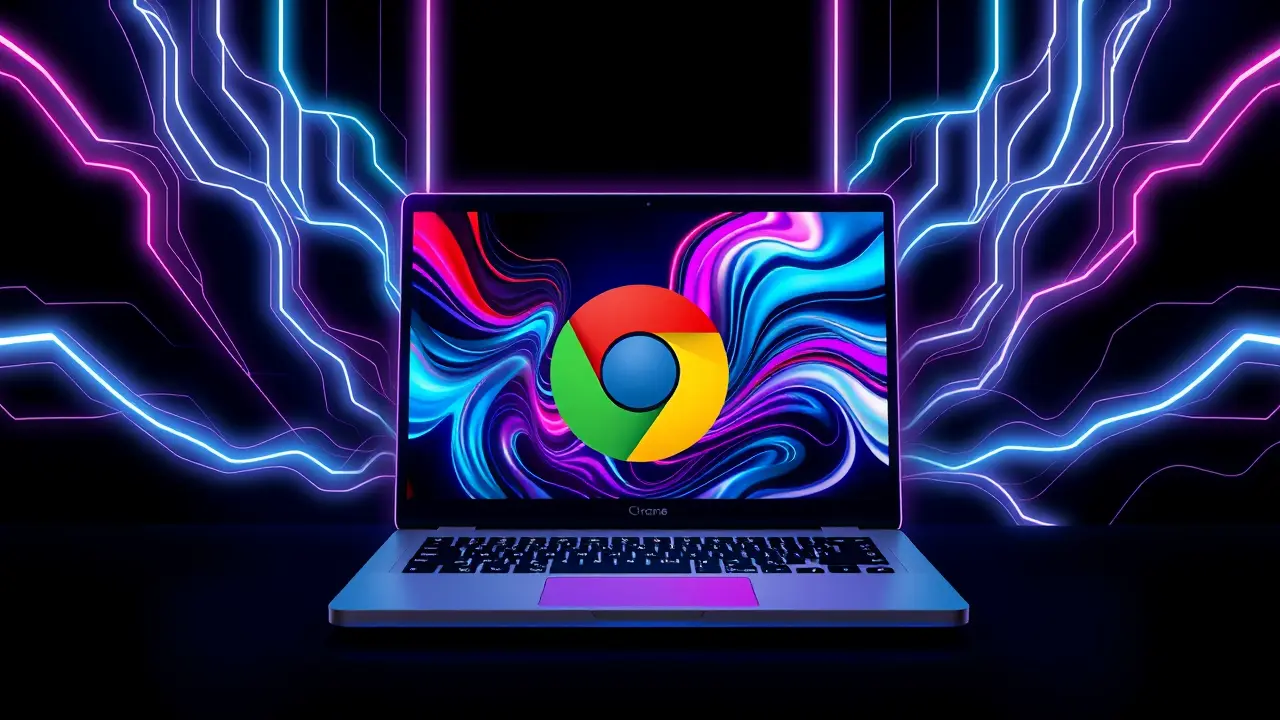
Otherauto & mobilityVehicle Reviews
Chromebook Advantages Over Windows and macOS
AN
Andrew Blake
4 hours ago7 min read3 comments
Navigating the operating system landscape feels a lot like choosing a sports team to support or a political party to back—it’s often more about identity and ecosystem than just raw specs, and ChromeOS, Google’s lightweight, cloud-first platform, presents a compelling case that goes far beyond its initial perception as a mere browser in a box. While the titans, Windows and macOS, have long dominated the conversation with their deep-rooted legacy software and premium hardware integrations, ChromeOS has executed a classic flanking maneuver, carving out a territory defined by simplicity, security, and startling affordability that resonates in an era of subscription fatigue and constant cyber threats.Let’s start with the most immediate advantage: the boot-up time. Firing up a Chromebook is like switching on a modern television—it’s virtually instantaneous, a stark contrast to the minute-plus boot sequences and subsequent background update installations that can plague even the fastest Windows machines; this isn’t just a convenience, it’s a fundamental reorientation of the user-computer relationship towards immediacy, a quality anyone who’s ever needed to quickly join a video call or look up a fact mid-conversation will instantly appreciate.This speed is born from the architecture; the OS is minimalist, a streamlined gateway to the web that offloads the heavy lifting to the cloud, which in turn allows it to run smoothly on hardware that would choke and stutter under the weight of Windows 11 or the latest macOS, making powerful computing accessible at price points that are frankly disruptive, often found between $200 and $400, a segment where Windows offers little more than bloated, underpowered machines destined for a life of frustration. Security, a growing nightmare for individuals and IT departments alike, is another pillar of the Chromebook advantage.The model is inherently more secure; each web page and application runs in a sandboxed environment, meaning a threat in one tab cannot easily infect the rest of the system, and coupled with verified boot—a process that checks the OS for corruption every time it starts—and automatic, seamless updates that don’t require a restart, the entire attack surface is radically minimized. You don’t need to be a system administrator to appreciate never having to worry about virus scans or defragmentation; it’s a set-and-forget peace of mind that neither Microsoft nor Apple can fully deliver, as their complex, sprawling systems will always present more vulnerabilities and require more user intervention.Then there’s the Android and Linux integration, a masterstroke that transformed ChromeOS from a pure cloud terminal into a genuinely versatile platform. The ability to run the entire Google Play Store library of apps bridges the gap for essential mobile-first services and games, while the integrated Linux terminal (a feature easily enabled in settings) opens the door for developers, coders, and power users to run desktop-class applications like GIMP, LibreOffice, and even VS Code, effectively making the Chromebook a triple-threat device that can satisfy a surprising range of professional and creative workflows.This stands in direct opposition to the walled garden of macOS and the sometimes-chaotic compatibility of Windows, offering a unique hybrid approach. The ecosystem synergy, particularly for those already invested in Google’s universe, is profound; your Google Drive is your hard drive, your Gmail and Calendar are seamlessly integrated, and Google Assistant is ever-present, creating a cohesive experience that feels more unified than the often-disparate Microsoft account system or Apple’s services which are, of course, hardware-locked.For education and enterprise, the centralized management console is a game-changer, allowing administrators to deploy, manage, and secure thousands of devices with a few clicks, a logistical and financial advantage that has led to Chromebooks dominating the U. S.school system and making significant inroads into the business world. Critics will rightly point to limitations—offline functionality, while improved, still isn’t as robust as a native desktop OS, and high-end, locally-run software like Adobe’s full Creative Suite or hardcore PC games remain out of reach, though cloud-streaming services like NVIDIA GeForce NOW are rapidly eroding that last barrier.But this misses the point. The Chromebook isn’t trying to be a desktop replacement for everyone; it’s offering a refined, focused, and incredibly efficient tool for the vast majority of computer use cases which now reside squarely in the browser: communication, research, content consumption, and light content creation. In a world drowning in digital complexity, the Chromebook’s greatest advantage is its philosophical stance: it’s a device that gets out of your way, empowering you to do what you need to do without forcing you to manage the tool itself, a quiet rebellion against the bloat and friction that has come to define so much of modern computing.
#Chromebook
#ChromeOS
#laptop comparison
#operating systems
#tech review
#editorial picks news
Stay Informed. Act Smarter.
Get weekly highlights, major headlines, and expert insights — then put your knowledge to work in our live prediction markets.
© 2025 Outpoll Service LTD. All rights reserved.